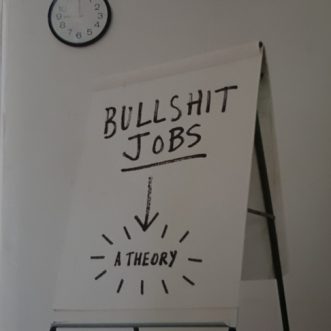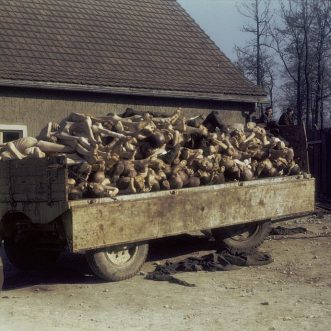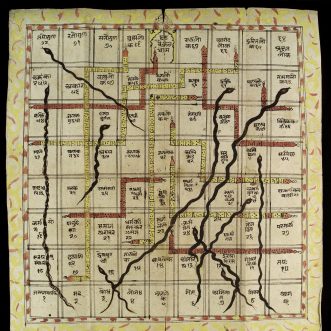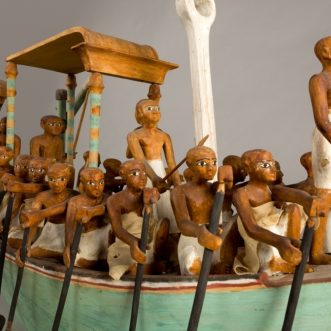
Goodbye 2021
This will be my last post for 2021.
It’s been a heck of a year, and 2022 looks like it’s going to carry on this new tradition.
I hope your 2022 will start as your 2021 ends – merrily, with goodwill to all men.
That’s all we really need.

This will be my last post for 2021.
It’s been a heck of a year, and 2022 looks like it’s going to carry on this new tradition.
I hope your 2022 will start as your 2021 ends – merrily, with goodwill to all men.
That’s all we really need.

This week, I’ve mostly been re-reading this book by David Graeber, published what seems like a lifetime ago in 2018.
In 2015, YouGov published a poll, showing that when asked whether their job “makes a meaningful contribution to the world?” 37% of respondents said ‘no’, and 13% of people said they didn’t know. That’s a terrible waste of human potential.
Until recently many of those 37% or 13% will have been furloughed, while many of the other 50% weren’t – their jobs (care workers, nurses, shop workers, bus-drivers etc) were simply too ‘key’ to allow that, or they were self-employed.
I wonder whether furlough gave some of the 37% time to re-think what they wanted from work? Is that what’s behind ‘The Great Resignation”?
What seems to be fairly clear from my re-reading of this book, is where most of those ‘bullshit jobs’ are. They’re in corporates, or privatised government agencies.
Where they aren’t is in small businesses.
One more reason why I believe bigger small businesses are the future.

This morning, an economist told the Today programme that “we are living with COVID”.
As of the 30th November, 2021, 144,969 people have died so far. The current 7-day average death toll from COVID is 119.
Next week we can expect around 833 more people to die of COVID.
In the UK alone.
This:

Parke O. Yingst (Lieutenant Colonel, United States Army), Public domain, via Wikimedia Commons
is what roughly 50 people look like when you decide they are just statistics, when you decide they don’t matter, when you decide that “there was something wrong with them anyway, so they deserved to die”.
Do we really want to learn to live with this?

Transactions are meant to be purely functional and impersonal. We don’t have to worry about how the person on the other side feels – or even whether they are a person. They don’t have to worry about us either. We both do our business and move on.
All very convenient, but not terribly satisfying.
We humans crave connection and recognition. We love to be seen by others, and we know that the only way to be seen is to see. We’re constantly trying to turn transactions into relationships, however brief (did you speak to the person who gave you your COVID-19 vaccine? I expect so), and especially around the things we value.
I’m happy to pay my car tax through a faceless, characterless portal and my council tax via direct debit, but I prefer to buy my groceries in person, having a chat at the checkout as I do. I buy my books online, from a small independent bookshop. We are both very aware that there are people on the other side of the transaction, and often go out of our way to remind ourselves of that.
Transactions are exchanges that take place between strangers. Or between people who want to treat each other as if they are strangers.
The danger is that by treating each other as strangers, we become strangers. Blind to the needs of others. Blind even to our own need to be valued as a human being. Sublimating that need into a desire for things, or even selling our data in return for a taste of it.
We can’t escape transactions. Our society is increasingly built around them. But as businesses, we can do our best to deliver the relationships our clients really want.
On top of the transaction, as a bonus.
As a gift.

I was reading yesterday about 2 kinds of games – finite and infinite. Finite games are those where the game stops when somebody wins. They could also be called zero-sum games. For someone to win, everyone else has to lose. Finite and zero-sum games are based on scarcity.
Infinite games on the other hand, are not about winning, they are about keeping the game going. The game is eternal, which means there is no scarcity. As a player I may drop out, but the game goes on, with other players. The game can also get bigger, there is no limit to how many people can play.
We tend to play an infinite game with our personal relationships. We don’t keep score with our family and friends. We assume, safely on the whole, not that a favour will be returned as a quid pro quo, but that if we are in need, help will be given.
Our assumption is that business is a zero-sum game. Where for me to win, the planet has to lose. Or other businesses have to lose. Or customers have to lose. Or where my team have to lose.
What if you assumed it was an infinite game? That business is about keeping the game going for everyone, forever?
Would you play differently?

What is freedom, really?
Here’s a possible definition, not mine*. Three freedoms, each building on the one before.
The third can’t happen without the first two. Not without becoming tyranny, anyway.
These are big ideas, but since our businesses can be anything we want, we can practise them small.
*In the sense that I didn’t think of them. They come from “The Dawn of Everything” by David Wengrow and David Graeber.

You may think a business is simply a matter of creating, manufacturing and selling products or services.
It’s also about creating people. We spend most of our lives at work. So the way we work together to make, sell and deliver those products and services has a significant impact on our capabilities, capacities and beliefs. Work changes us, forms us.
That means that a business is also about making society. Because although ‘society’ often feels like something that’s just ‘there’ outside of us, actually it’s made by us, in the way we work, in the way we live and play outside work, in the way we think about our relationships with others.
Now you know this, you can choose to consciously create, through your business, the kind of society you want to see. Starting with the little society of prospects, customers, suppliers and employees immediately around you.
That’s why for me, a business is not a machine for making money. It’s a system for making and keeping promises.
Because it’s the relationships between people that are really important, not the things we make.

Here’s a simple question we can ask ourselves, our businesses and our societies, every day:
“How can I/we reduce the concentration of carbon in our atmosphere today?”
Because as Sir David Attenborough points out, that’s the measure that matters to us all right now.

At this morning’s Like-Hearted Leaders gathering we had an interesting discussion around what leadership is or could be.
It was an interesting, intricate, circular discussion.
But in the end, I think what leadership could be might be best summed up in the LHL values:
It’s an interesting question though.
What does leadership mean to you?
What does it mean to whoever you lead?

Following nicely on from the last post, I recommend this series of posts from my friend Mary Jane Copps – The Phone Lady.
You’re probably familiar with the idea that as humans we are wired to look for stories, which means that telling them is a great form of marketing.
What Mary Jane makes us realise is that before you can tell your own story effectively, you have to first find the story of the person you are talking to. Not the story of the avatar you’ve created to ‘represent’ them, but the actual story of the actual person you are speaking to right now.
Why?
Because “It’s within their story that your value takes root.“
That means that whatever your process for communicating one-to-one with prospects or clients is, it must have room for curiosity, and enough flex to accommodate the learning you gain by exercising that curiosity.